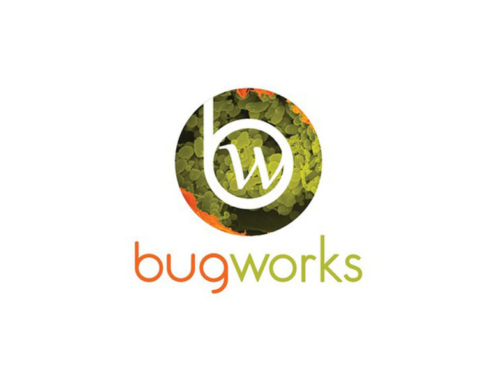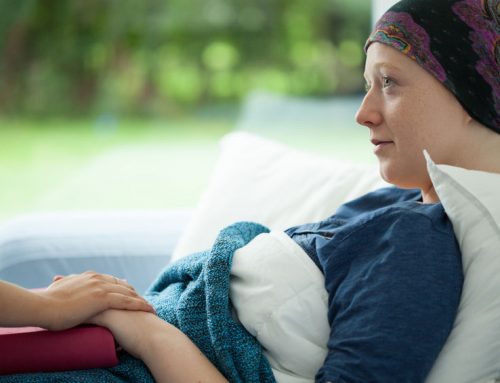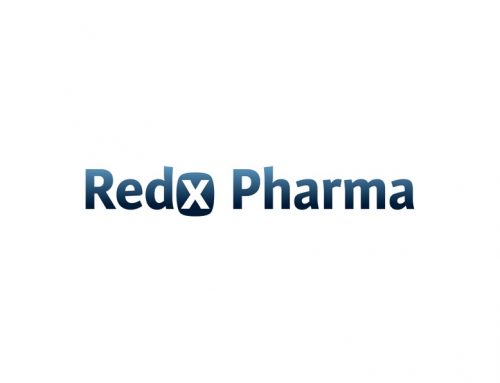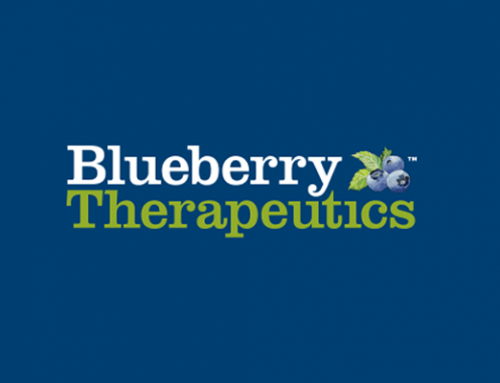FDA NCTR
The challenge
The U.S. Food and Drug Administration’s National Center for Toxicological Research (NCTR) is a global resource for collaboration providing consultation, training, and innovative scientific solutions in support of FDA’s mission to improve public health. Within NCTR, The Division of Bioinformatics and Biostatistics is developing bioinformatics methodologies and standards to support FDA research and regulation for regulatory and translational sciences. The Division, led by Weida Tong, has tremendous expertise in computational biology, molecular modeling and quantitative structure-activity relationships (QSARs) and a wealth of new data and ideas to disseminate. ApconiX was set the challenge to help refine and deliver a publication and communication strategy as well as helping to define new areas of potential impact for the team’s expertise.
The solution
We worked closely with the team at NCTR in individual and in syndicate sessions to identify key messages and match them to publication opportunities. Based on the strength of the teams, we focused on two of their flagship projects: developing and applying new computational approaches to the challenge of drug-induced liver injury (DILI) and to in vitro to in vivo extrapolation (IVIVE). Using the expertise of individual scientists, we worked one-to-one to author papers through from first draft to submission and response to reviewers’ comments.
The benefit
By performing a systematic analysis of the new and unpublished data the team had generated, we developed a clear publication and dissemination strategy to maximise the impact of the team’s current and ongoing work.
The outcome
The collaboration has resulted in the submission of 5 papers in just 12 months. In DILI, the in vitro to in vivo extrapolation (IVIVE) methodology and liver knowledge toxicology base (LKTB) classification of human liver injury papers are in press and a third paper on gene signatures is submitted 1-3. In the area of drug repositioning, a TiPS paper on computational approaches to analyse two decades of experience of anti-cancer drugs was recently published 4 and a second paper looking for new opportunities in rare diseases 5 is in press.
- Liu, Z, Delavan, B, Roberts, R and Tong, W (2018). Gene Signature Reveals Differences among Preclinical Testing Systems for Rat Liver. Frontiers in Genetics. Submitted.
- Thakkar, S, Chen, M, Fang, H, Liu, Z, Roberts, R, Tong, W (2018). The Liver Toxicity Knowledge Base (LKTB) and Drug-Induced Liver Injury (DILI) Classification for Assessment of Human Liver Injury. Expert review of Gastroenterology and Hepatology. 12, 31-38. https://www.tandfonline.com/doi/full/10.1080/17474124.2018.1383154
- Liu, Z, Fang, H, Roberts, RA and Tong, W (2017). In vitro to in vivo extrapolation (IVIVE) for drug-induced liver injury: A genome wide analysis using a drug pair ranking (DPRank) method. ALTEX. https://doi.org/10.14573/altex.1610201
- Liu, Z, Delavan, B, Roberts, R and Tong, W (2017). Lessons learned from two decades of anticancer drugs. TiPS 38, 852-872. https://www.cell.com/trends/pharmacological-sciences/fulltext/S0165-6147(17)30126-8
- Delavan, B, Roberts, R, Goldsmith, J, Fang, H, Thakkar, S, Huang, R, Bao, W, Tong, W and Liu, Z (2017). Computational Drug Repositioning for Rare Diseases in the era of Precision Medicine. Drug Discovery Today. In press Dec 2017. DOI: https://www.sciencedirect.com/science/article/abs/pii/S1359644617301587?via%3Dihub
The Testimonial
‘It has been a tremendous pleasure to work with Ruth @ApconiX for the past year. Her in-depth knowledge in toxicology in general and drug discovery/development in specific has contributed significantly to my division’s research in the area of drug-induced liver injury and in vitro to in vivo extrapolation. I am expecting much great science will come out from the close collaboration with Ruth’.




